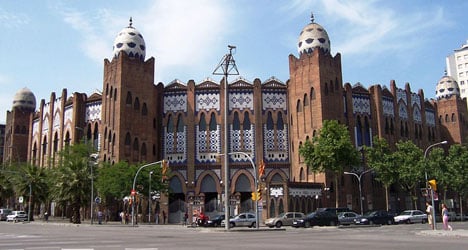The planned mosque, featuring a 300m minaret would be the third-largest in the world outside Mecca and Medina, and would include a conference hall, a 300-capacity Koran study centre and a museum of Islamic art and history.
Monumental was opened in 1914 and became famous as a venue for bullfighting and music concerts. The Beatles, The Rolling Stones, Bob Marley and Bruce Springsteen have all played there. No bullfights have been held at Monumental since the activity was banned by the Catalan regional government in 2010 and the building is now used as a bullfighting museum.
Spanish daily 20 Minutos reported via sources close to the project that the building's current owners, the Balaña Group, had already agreed the sale and that the next stage would be to secure the agreement of the city council. The Balaña group have not, however, confirmed this.
Despite its sizeable Muslim community, Barcelona is the only major European city that does not have a mosque.
Mowafak Kanfach, owner of Barcelona's Arabic Book Shop, told 20 Minutos, "The law says that everyone has the right to pray in a dignified place, not in a commercial premises."
"Locals would have to be proud that Muslims transformed the pain of the bulls into a spiritual centre," he added.
"It would be a great tourist attraction."
A number of mosques have been planned in Barcelona in recent years but none have reached the construction stage.
In 2004, Barcelona council entered discussions over converting the city's other bullring, Las Arenas, into a mosque, which would have been funded by Saudi Arabia, but the plan was shelved and the building became a shopping centre.
Don't miss stories about Spain, join The Local on Facebook and Twitter.



 Please whitelist us to continue reading.
Please whitelist us to continue reading.
Member comments